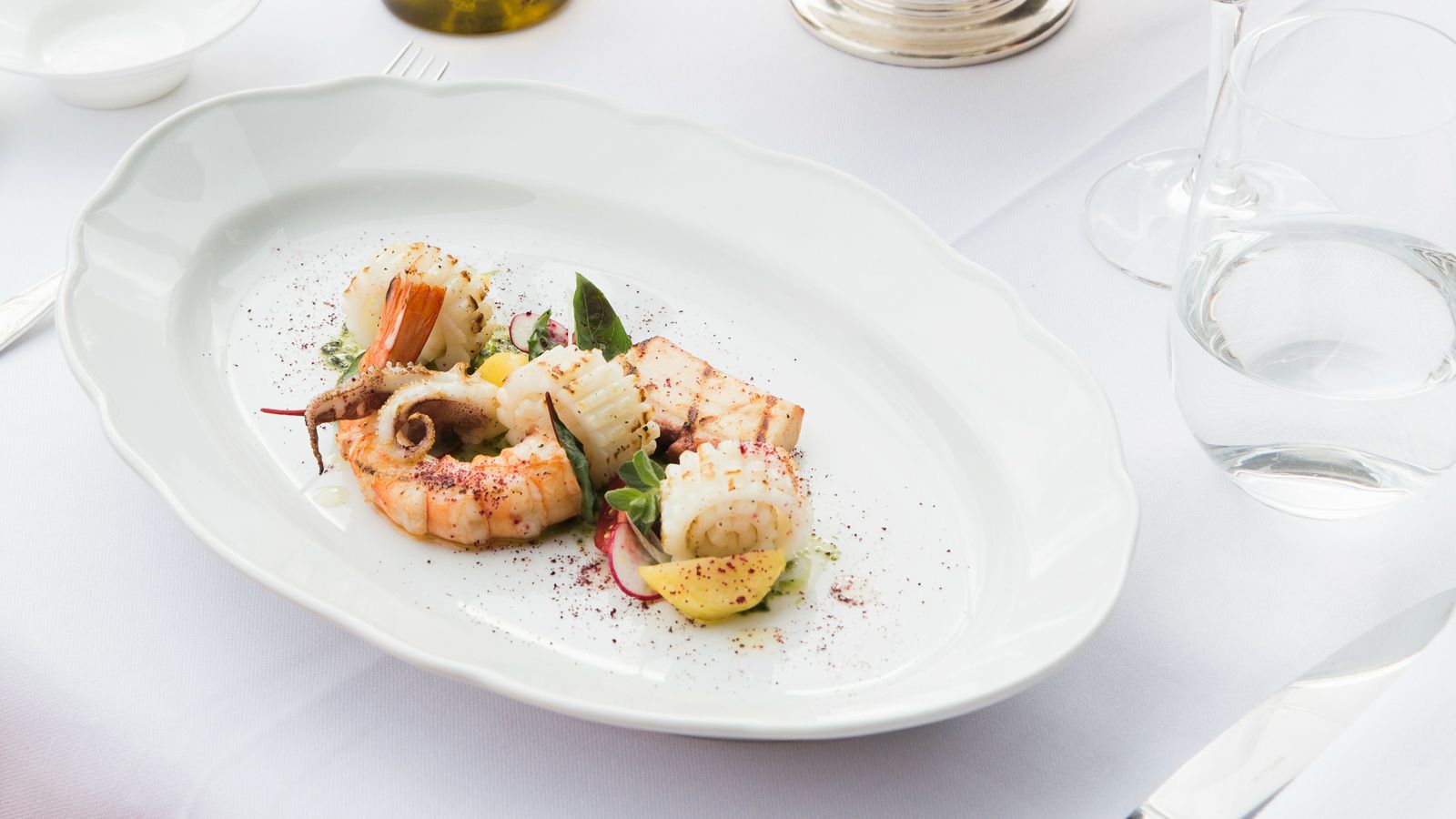A dish that leaves the kitchen includes, among others, culture, history, human effort and pride
Tourism is like good food… Once you’re delighted with the flavors, your soul seeks fulfillness through repetition of the initial stimuli… Hence, Greece can provide all that wonderfulness. Good food, sea, sun and above all the feeling of contentment and joy. The article below, analyzes why the Aegean region recently being named European Region of Gastronomy 2019, and the reasons why this is so important. A beautiful article by Mr. Emilios Harbis
Ask the average Northern European why they come on holiday to Greece and they’ll likely mention three things: sun, sea and good food. It’s no secret that Greece, and especially its islands with their innovative cuisine, can offer visitors memorable gastronomic experiences.
However, in tourism as in cooking, good ingredients alone are not enough for success. Knowledge, effective promotion, improved practices and improved products are key to winning the market when it comes to thematic tourism. In this regard, the Southern Aegean region recently being named European Region of Gastronomy 2019 for its commitment to food and cultural diversity is particularly significant.
The European Region of Gastronomy platform and award, organized by the International Institute of Gastronomy, Culture, Arts and Tourism (IGCAT) with the support of European institutions, aim to contribute to better quality of life in European regions by highlighting distinctive food cultures, educating for better health and sustainability, and stimulating gastronomic innovation. According to the award’s website, their philosophy centers around the belief that “regions play a key role in the gastronomic value chain, from agricultural food production to food processing, providing gastronomic experiences and hospitality in hotels and restaurants, and attracting visitors with regional gastronomy products.”
“Our peripheral regions are responsible for around a third of the country’s tourism-based activity. Tourism generates jobs and incomes and the culinary dimension is as important as any other,”
said Southern Aegean Regional Governor Giorgos Hadjimarkos, who spearheaded the efforts that resulted in the award, which was presented during a special ceremony at the Hotel Grande Bretagne in Athens last month.
“The Southern Aegean is now included among European regions with long traditions in gastronomy. This distinction for our region is our outward-looking and optimistic answer to a difficult period for our country. The islands of the Southern Aegean, at the forefront of Greek tourism, are the best representatives for supporting the title of European Region of Gastronomy,” he continued. Hadjimarkos made special mention of the people on the islands who deal with daily food production. It is these people, he said, who “when others looked to the west, remained loyal to the traditional products and practices that make our country unique.” The region’s program is titled “Taste the Seasons.”
The contemporary challenge which the European Region of Gastronomy program addresses is that of thematic tourism. This was also reiterated by IGCAT, which described the Southern Aegean’s program as extremely promising. This promising potential is based on a number of factors: the establishment of the southern Aegean as a gastronomic destination, combined with the many celebrations and festivals that take place even on the smallest islands, the extension of the tourism season, the promotion of unique local products, and the systematic training of local groups based on the principles of quality and sustainable culinary development.
During a speech at the ceremony, Tourism Minister Elena Kountoura said that as crucial as competitiveness and entrepreneurship are for this endeavor, the concept of sustainability is perhaps in this case even more important. After all, the heart of the Aegean’s gastronomic identity is simple, natural foods produced on a small scale, which could completely lose its value if mass-produced without the appropriate qualitative measures.
That was aptly summed up in Hadjimarkos’s speech:
“A dish that leaves the kitchen includes, among others, culture, history, human effort and pride.”

